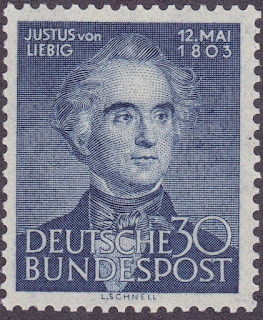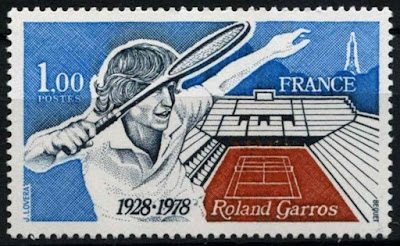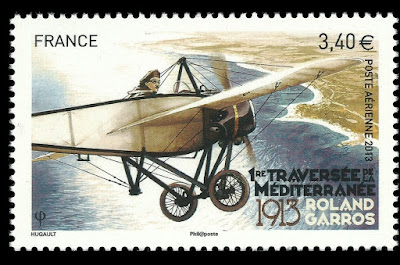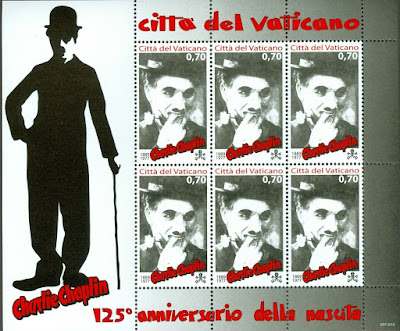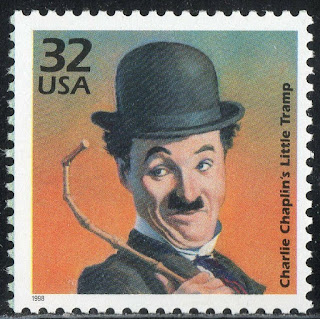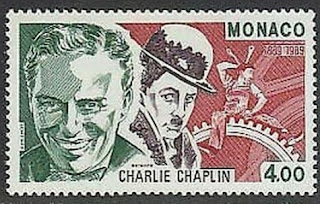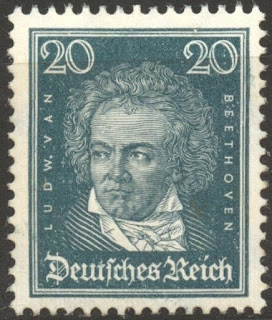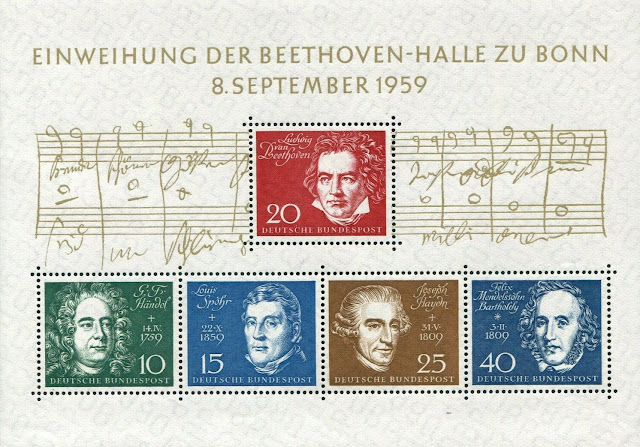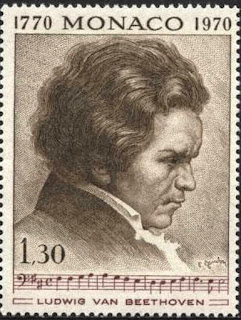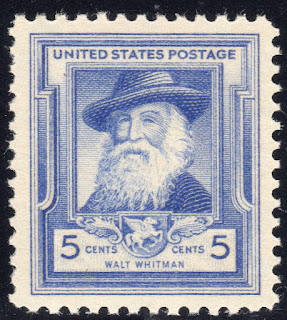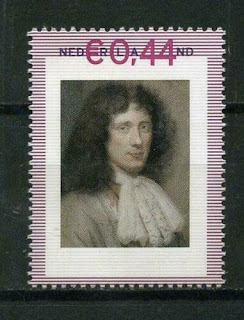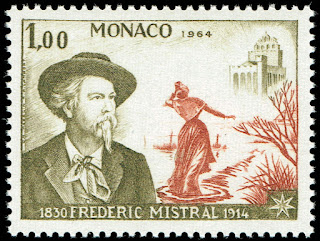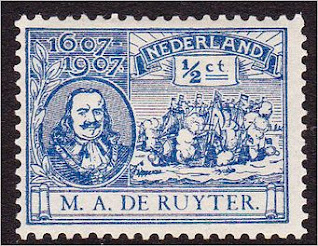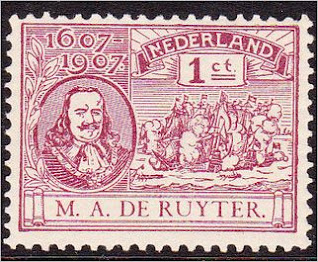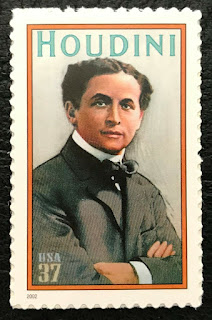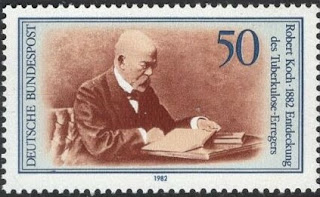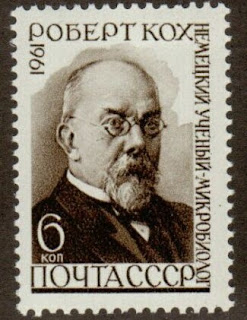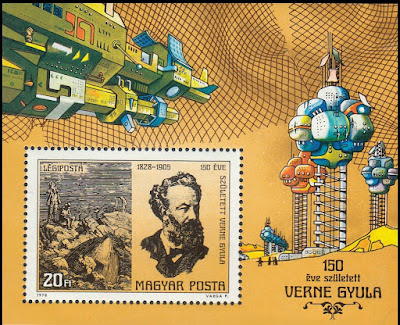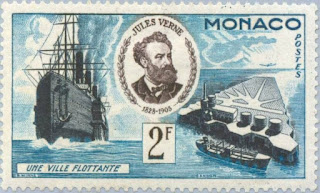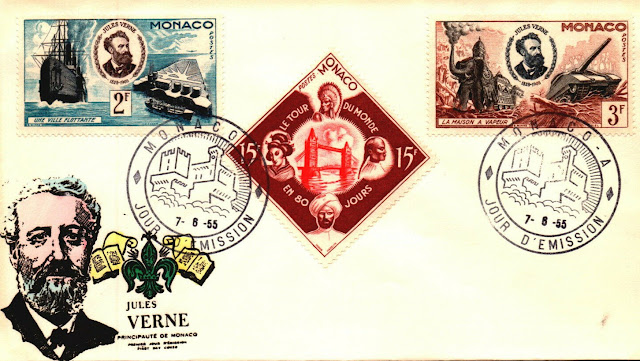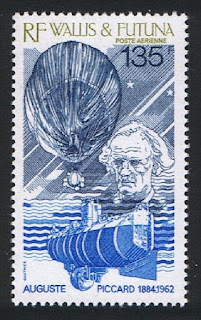Here are some events that happened on April 18th. It could be an event or a person that died or was born on that day
1909 – Joan of Arc is beatified in Rome.
Joan of Arc (French: Jeanne d'Arc; c. 1412 – 30 May 1431), nicknamed "The Maid of Orléans" (French: La Pucelle d'Orléans) or "Maid of Lorraine" (French: La Pucelle de Lorraine), is considered a heroine of France for her role during the Lancastrian phase of the Hundred Years' War, and was canonized as a saint. She was born to Jacques d'Arc and Isabelle Romée, a peasant family, at Domrémy in the Vosges of northeast France. Joan said that she received visions of the archangel Michael, Saint Margaret, and Saint Catherine of Alexandria instructing her to support Charles VII and recover France from English domination late in the Hundred Years' War. The as-yet-unanointed King Charles VII sent Joan to the Siege of Orléans as part of a relief army. She gained prominence after the siege was lifted only nine days later. Several additional swift victories led to Charles VII's consecration at Reims. This long-awaited event boosted French morale and paved the way for the final French victory at Castillon in 1453.
On 23 May 1430, she was captured at Compiègne by the Burgundian faction, a group of French nobles allied with the English. She was later handed over to the English and put on trial by the pro-English bishop Pierre Cauchon on a variety of charges. After Cauchon declared her guilty, she was burned at the stake on 30 May 1431, dying at about nineteen years of age.
In 1456, an inquisitorial court authorized by Pope Callixtus III examined the trial, debunked the charges against her, pronounced her innocent, and declared her a martyr. In the 16th century she became a symbol of the Catholic League, and in 1803 she was declared a national symbol of France by the decision of Napoleon Bonaparte. She was beatified in 1909 and canonized in 1920. Joan of Arc is one of the nine secondary patron saints of France, along with Saint Denis, Saint Martin of Tours, Saint Louis, Saint Michael, Saint Rémi, Saint Petronilla, Saint Radegund and Saint Thérèse of Lisieux.
Joan of Arc has remained a popular figure in literature, painting, sculpture, and other cultural works since the time of her death, and many famous writers, playwrights, filmmakers, artists, and composers have created, and continue to create, cultural depictions of her.
French stamp depicting Joan of Arc
1873 Died: Justus von Liebig, German chemist and academic (b. 1803)
Justus Freiherr von Liebig (12 May 1803 – 18 April 1873) was a German scientist who made major contributions to agricultural and biological chemistry, and was considered the founder of organic chemistry. As a professor at the University of Giessen, he devised the modern laboratory-oriented teaching method, and for such innovations, he is regarded as one of the greatest chemistry teachers of all time. He has been described as the "father of the fertilizer industry" for his emphasis on nitrogen and trace minerals as essential plant nutrients, and his formulation of the law of the minimum, which described how plant growth relied on the scarcest nutrient resource, rather than the total amount of resources available. He also developed a manufacturing process for beef extracts, and with his consent a company, called Liebig Extract of Meat Company, was founded to exploit the concept; it later introduced the Oxo brand beef bouillon cube. He popularized an earlier invention for condensing vapors, which came to be known as the Liebig condenser.
German stamp depicting Justus von Liebig
1915 – French pilot Roland Garros is shot down and glides to a landing on the German side of the lines during World War I.
Eugène Adrien Roland Georges Garros (6 October 1888 – 5 October 1918) was a French pioneering aviator and fighter pilot during World War I and early days of aviation. In 1928, the Roland Garros tennis stadium was named in his memory; the French Open tennis tournament takes the name of Roland-Garros from the stadium in which it is held.
On 23 September 1913 Roland Garros gained fame for making the first non-stop flight across the Mediterranean Sea from Fréjus-Saint Raphaël in the south of France to Bizerte in Tunisia in a Morane-Saulnier G. The flight commenced at 5:47 am and lasted nearly eight hours during which Garros had to solve two engine malfunctions. The following year, Garros joined the French army at the outbreak of World War I
Stamps from France and Monaco depicting Roland Garros and or his plane or the stadium named after him

